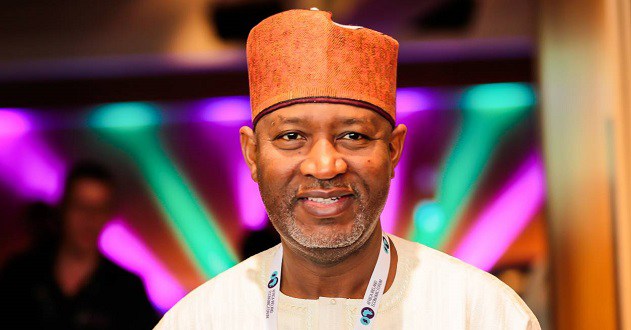The cost of travelling to Nigeria is growing exponentially as a result of not only rising fuel prices but foreign commercial airlines cutting their operations in Nigeria.
Nigerian travellers currently pay approximately N1.2 million (£2,400) for a one-way economy ticket and N3 million (£6000) for a round trip, with 6 to 8 hours of flight time.
©AviationSource Is travelling to Africa a Luxury?
The cost of airfares to African countries has always been a discussion brought up as it is unusual for flights to be that costly as many people do travel frequently i.e. Ghana, South Africa, Tanzania and Nigeria.
International Air Transport Association (IATA) Regional Vice-President, Africa and the Middle East, Kamil Alawadhi, said in an interview, ‘airfares charged by international carriers were three times higher than what obtained in other countries that do not retain airlines’.
Many international passengers are now opting to fly to Ghana rather than Nigeria as the cost of an economy ticket is more than what many people earn in a month’s salary. The cost of fares has increased gradually within the month of August and it is likely to continue. Many people, as well as the government, fear that the cost of air travel will continue to rise until Nigerian’t won’t be able to afford international travel, adding that would eventually weaken the country’s economy.
It’s no doubt that the aviation industry has been heavily impacted over the past few months, and Alawadhi explained that airlines were charging higher fares to Nigeria so they could make a profit from one leg of the trip, as most trips are charged on return tickets.
“We have been here before in 2016 and foreign airlines left. But you cannot blame airlines for taking such tough decisions because they have to survive to operate in Nigeria. Nigeria is a viable market for all foreign airlines to operate in, but during a cash crunch, lack of funds to cover operating costs, currency volatility and no commitment whatsoever from the authorities, what should businesses do?” – A member of Association of Foreign Airlines in Nigeria
What does this mean for passengers travelling to and from Nigeria? Aviation Minister Hadi Sirika has confidence in Nigeria Air © Nigeria Travel Smart
Tougher times are expected for Nigeria’s aviation as major stakeholders have urged the Federal Government to exercise caution and parley more with “the business partners” over the precarious sundry constraints and foreign exchange liquidity crisis.
However, industry analyst and Director, Research, Zenith Travels, Mr Olumide Ohunayo, said:
“Nigeria has a very strong travel population, so we have a lot of demand, which outweighs supply currently as airlines cut frequencies. Also, the naira’s continuous fall is affecting the overall costs of tickets. We are being charged higher rate because we have the highest figure among the debtors. Secondly, we do not have the capacity to reciprocate those routes, so the dominant carriers determine the fares.”
Will the cost of airfare in Nigeria improve over the upcoming weeks? Let us know your thoughts in the comments




